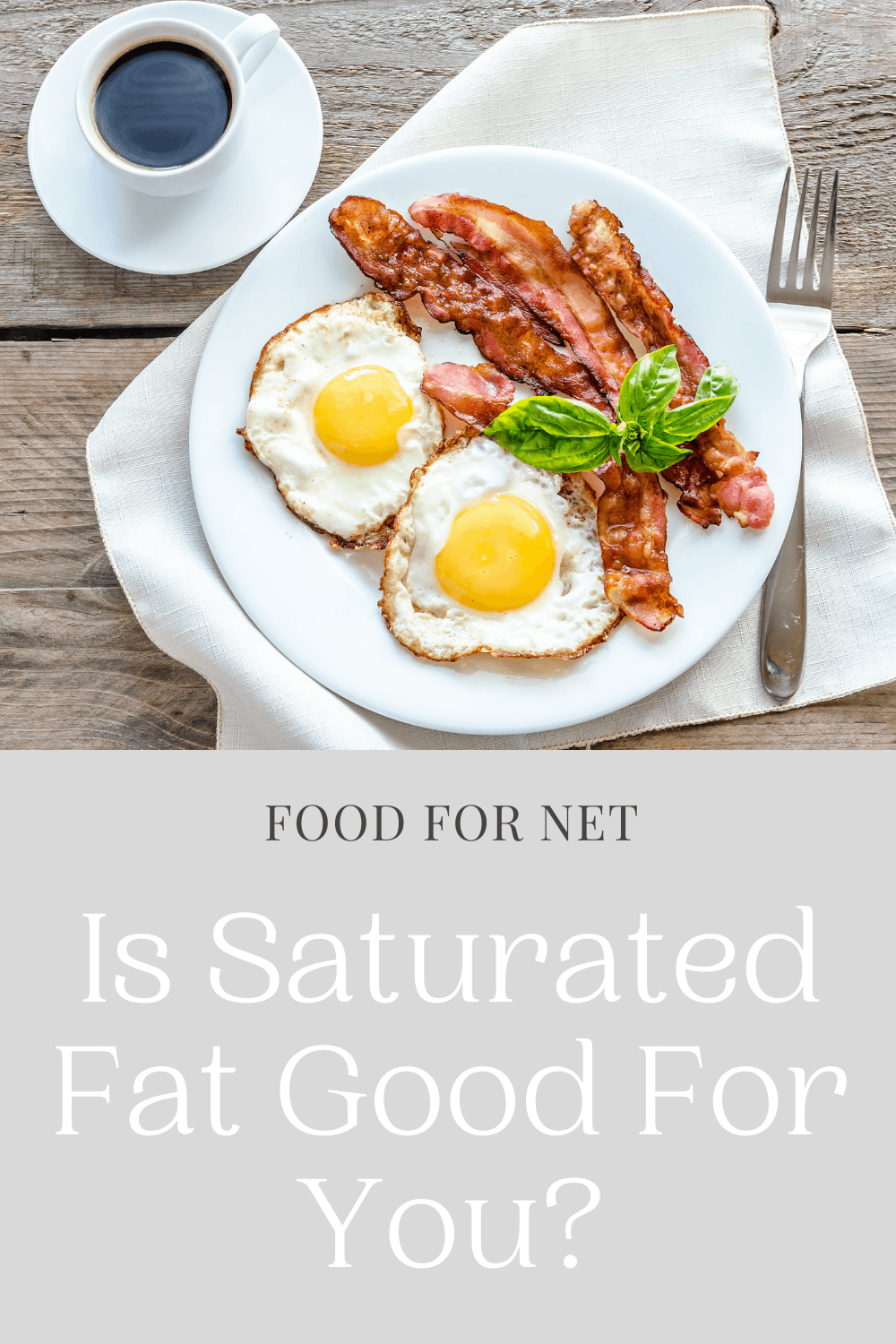
What do you think? Is saturated fat good for you? Most people would answer no without hesitation. We’ve long been taught that saturated fat leads to obesity and increases heart disease risk. There’s also little doubt that unsaturated fats like olive oil are much healthier. They’ve certainly been linked to many benefits, while saturated fat hasn’t.
Still, saturated fat might not deserve its bad reputation. There’s growing debate and discussion about exactly how saturated fat impacts our health. Because, as you’ll see, the science isn’t clear cut at all.
Plus, by labeling all saturated fats as bad, we end up cutting out many potentially healthy foods, including butter and coconut oil. Many of us even try to avoid saturated fats by switching to ingredients like vegetable oils and margarine, which may cause more harm than good.
Part of the problem is that nutrition science is complex. Cause and effect relationships are difficult to untangle, even when the research is done well (and many studies aren’t well designed at all). Researchers and writers have their own biases too. These can influence how the data is interpreted.
So, in this post, we’re looking closely at saturated fat, including what is currently known and where the knowledge gaps are. The topic is a crucial one, as saturated fat recommendations are all over the place – making it difficult to work out which foods you should be eating and which you should avoid.
Is Saturated Fat Good For You?
- What Is Saturated Fat
- How Saturated Fat Affects Health
- Why Is It So Complicated?
- Other Foods May Be Worse
- How Much Saturated Fat Should You Eat?
- Final Thoughts
What Is Saturated Fat?
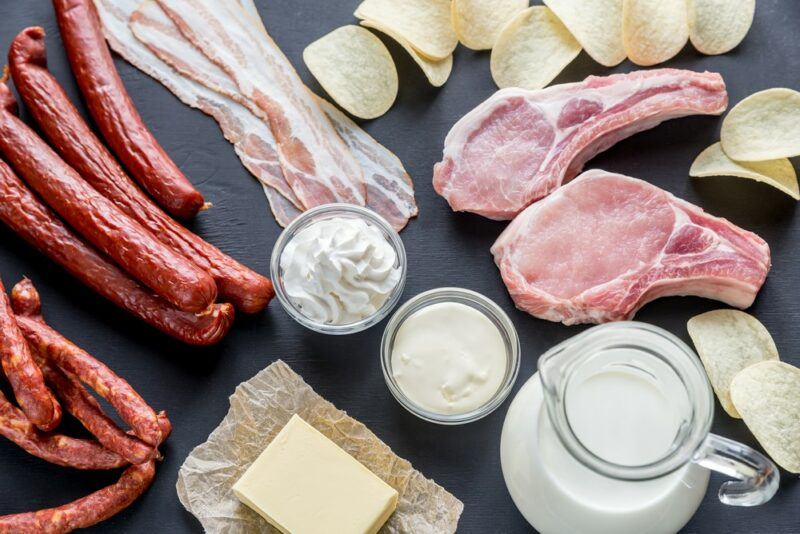
To understand the debate surrounding saturated fat, we need to begin by talking about fat. Fats are one of three main macronutrients in our diets (the others are protein and carbs). All three macronutrients are essential. We need them for our bodies to do everything that they should.
This means that avoiding fat isn’t healthy. We need it to provide energy, build cell membranes, promote blood clotting, and help us absorb nutrients.
Plus, if your diet is very low in fat, then you’re getting most of your energy from carbs. This might not be helpful, especially if you’re relying on simple carbs and processed foods.
Types Of Fat
There are three main types of fat: unsaturated fats, saturated fats, and trans fats. These are all made from oxygen, carbon, and hydrogen atoms. However, the structure varies from one type to the next, which influences how our bodies respond to them.
Saturated fat is so named because the fat only has single bonds between carbon atoms. Because of this, they are considered ‘saturated’ with hydrogen.
Unsaturated fats, on the other hand, have at least one double bond in their carbon chain, which decreases the number of hydrogen atoms. Polyunsaturated fats have multiple double bonds, while monounsaturated fats have a single carbon bond.
The double bond creates a bend in the carbon chain. This is a key reason why unsaturated fats tend to be liquid at room temperature, while saturated fats are often solid instead.
Then there are trans fats. These are more concerning, as they’re often artificially produced and the artificial versions have been linked to multiple health problems.
Trans fats start off as unsaturated fats. They’re then modified so that they stay solid at room temperature, which gives them a longer shelf life and makes them more stable.
Artificial trans fats have become less common these days, partly because public awareness has increased. Still, it’s important to watch out for artificial trans fats when you’re buying food. You should be able to tell whether this type of fat is present from the ingredients label.
In the end, artificial trans fats are bad for you, unsaturated fats are good (particularly the monounsaturated kind), and saturated fat falls in the middle of the two.
Types Of Saturated Fat
Saturated fats aren’t all the same. Instead, they have different chain lengths. These chain lengths then influence how the fat affects our health.
For example, saturated fats with 6 to 12 carbon chains are sometimes called medium chain triglycerides (MCTs). These are the ones that feature in MCT oil and are thought to help with ketosis.
MCTs are interesting, as our bodies don’t need digestive enzymes to process them. Because of this, the fats are sent straight to our liver and release their energy quickly.
Short chain fatty acids have a chain length of less than 6 carbons. One of these is butyrate, which can be found in butter and ghee. Butyrate may help to improve your gut health and to decrease inflammation.
Where You Find Saturated Fat
Saturated fat is common in animal products, including cheese, red meat, and milk. It’s also found in tropical oils, like coconut oil. The saturated fat content is why such foods are often seen as harmful or as foods to only consume occasionally.
Yet, whole foods like these all offer important nutrients and many potential benefits.
You’ll also find saturated fat in processed foods. These foods are often less healthy and might contain additives.
In the end, the type of food you’re eating and the other nutrients present might matter more than the amount of saturated fat that is present.
How Saturated Fat Affects Health
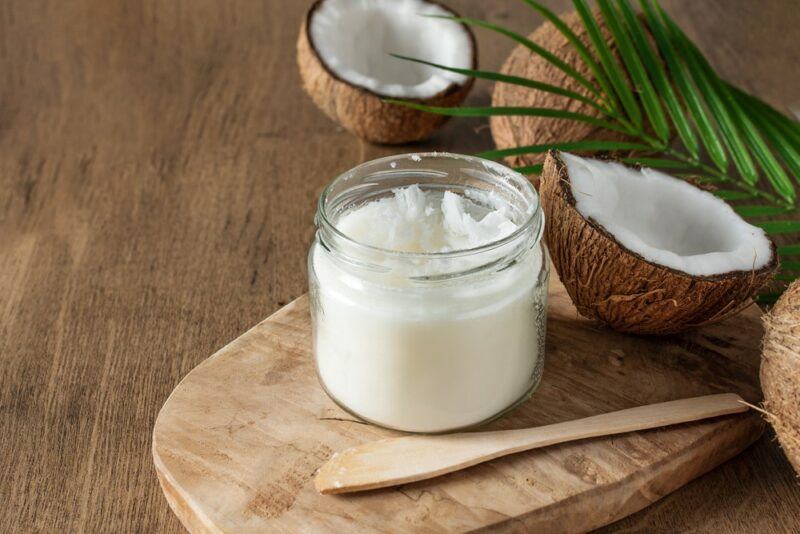
Health organizations often paint a scary image of saturated fat. They talk about how saturated fat is bad and even dangerous. How it is linked to an increased risk of heart disease.
We’re told that the healthiest diets keep saturated fat intake low. And, to improve our health, we should replace saturated fat with foods that contain unsaturated fat instead – particularly monounsaturated fat and omega 3 fatty acids.
The recommendation has been heavily promoted for more than 50 years, which should suggest that it is a well-supported theory. Yet, the underlying research isn’t as strong as we often assume and some modern studies don’t support the theory at all.
Risks Of Saturated Fat
The problems with saturated fat come from what’s sometimes called the diet-heart hypothesis. This theory suggests that a high intake of saturated fat increases LDL cholesterol and total cholesterol levels, leading to an increase in heart disease risk.
Nutritional recommendations over the years have even suggested that fat, cholesterol, and saturated fat are the reasons that Western countries have such high rates of degenerative diseases.
An early study in this field was the Framingham study, which linked cholesterol levels to heart disease risk and suggested that saturated fat intake increases cholesterol levels. This study, along with others like it, formed the basis of recommendations against saturated fat.
Limits Of The Classic Theory
While the link between saturated fat, cholesterol, and heart disease is often assumed, the evidence for this is surprisingly limited. When authors consider a large number of studies, including reviews and meta-analyses of research, they find that the results are mixed.
In particular, some studies suggest that saturated fat increases heart disease, while others fail to find the effect. Many large-scale studies have only found a weak link between saturated fat and heart disease. Sometimes the association has been so weak that it isn’t even statistically significant.
Indeed, the original Framingham study was misleading in some areas and made claims that it did not fully prove.
One issue is that while saturated fat appears to increase heart disease risk factors, including cholesterol levels, it doesn’t appear to increase the risk of heart disease itself. This may be why decreasing saturated fat intake isn’t protecting us in the way that scientists expected.
Decreasing Saturated Fat Isn’t Helping
We’ve now been told to cut down on fat and saturated fat for decades, but doing so clearly hasn’t impacted levels of obesity or heart disease.
If anything, problems just seem to be getting worse.
The focus on cutting down fat and saturated fat intake has led to a view that low fat foods are healthy, while anything high in fat (particularly saturated fat) should be avoided. This idea is incredibly simplistic, as many of the animal-based foods we’re cutting out of our diets are nutritionally dense and may even improve health.
At the same time, cutting out fat has led to a diet that’s high in carbs and includes many processed foods. Such a pattern might even be more harmful than a high fat diet.
Studies even show that switching from a diet that’s high in saturated fat to one high in refined carbohydrates instead doesn’t decrease heart disease risk. Even switching from saturated fat to monounsaturated fat isn’t as powerful as you might expect.
Possible Benefits Of Saturated Fat
Some writers suggest that saturated fat might even be beneficial in some situations.
The idea isn’t as far-fetched as it might seem. We even talked about some potential benefits earlier, such as the way that MCTs may help with ketosis and provide fast energy. They’ve even been linked to cognitive improvements in some situations.
Other Risks Of Saturated Fat
Finally, it’s worth mentioning that most of the concern around saturated fat is linked to heart health and cholesterol. A little research focuses on how saturated fat might increase inflammation, but the evidence here is limited.
If saturated fat does have that effect, then it’s likely to occur only when your saturated fat intake is high. If you’re mostly focusing on other types of fat, then the risks will be lower.
For example, one blogger who is deeply concerned about saturated fat still says that he does well with less than 30 grams of saturated fat per day (that’s close to twice the amount recommended by many health authorities).
Why Is It So Complicated?

Despite all the research, sometimes it seems like we know less about saturated fat and health than ever before. This is partly because official health recommendations latched onto the idea of saturated fat increasing heart disease before the theory was fully proven.
It’s only now that we’re starting to dig into the theory much more closely. As researchers are doing so, they’re starting to see that the evidence was never as strong as we previously assumed.
Part of the problem comes from nutrition in general.
Nutritional science is always challenging. After all, we don’t consume saturated fat on its own – we eat food that contains saturated fat. That same food contains other types of fat too, along with nutrients and a variety of other compounds.
And, to complicate things further, we eat multiple types of food in a single meal and have multiple meals each day.
All of these things can influence how saturated fat impacts our health. Other factors might be significant too, like our exercise levels, whether we focus on processed food or whole food, our carb intake, our gut bacteria, our genetics, what our diet looks like overall, and perhaps even our mental health.
With all of these factors, it’s not surprising that we don’t know precisely how saturated fat influences health.
Another issue is the studies into saturated fat. Some of these have had notable design flaws and many consider all saturated fat foods as equal, despite the differences between them.
Other Foods May Be Worse

Modern diets have a serious problem. In an attempt to decrease fat and saturated fat, we’ve ended up focusing on carb-laden foods that are often highly processed. Many of these are filled with simple carbs and additives, while also having fewer nutrients than you find with whole foods.
This pattern is extremely concerning.
To make matters worse, sugar intake continues to increase. This sugar may influence cholesterol and heart disease risk, while also increasing the risk of obesity. Indeed, heart disease risk can even increase among healthy individuals after just 12 weeks on a high-sugar diet.
Similarly, a diet that’s high in sugar and processed foods could easily be worse than a diet that focuses on whole foods and includes saturated fat periodically.
How Much Saturated Fat Should You Eat?
Saturated fat isn’t as bad as we once thought, and some types of saturated fat may even have benefits. Plus, saturated fat can be found in nutrient-dense foods, so cutting it out entirely doesn’t seem like a wise move.
But, this doesn’t mean that you should be eating large amounts of saturated fat. After all, we know little about the long-term effects of high saturated fat diets.
There are also other concerns about foods rich in saturated fat, such as the potential link between red meat and cancer or the way that dairy might increase inflammation.
Plus, other types of fat are clearly better for you than saturated fat. In particular, diets rich in monounsaturated fatty acids can be powerful. These can help to protect your health, lower disease risk, and even extend your life.
Saturated Fat In Moderation
The best solution might be to have small amounts of saturated fat rich foods in your diet, like butter and coconut oil, but not to go overboard. Doing so means being aware of your saturated fat intake and making wise decisions about the food you eat and don’t.
After all, focusing on a single feature of food isn’t that helpful. The saturated fat or carb content of a meal won’t tell you whether it is healthy or not. You need to look at the broader picture. Consider all that each food has to offer, along with your diet as a whole.
Listen to your body too. The way your body responds will tell you much about whether a given ingredient is healthy or harmful for you.
For most people, the healthiest approach is to focus on whole food ingredients, including fruits, vegetables, whole grains, legumes, fish, meat, and dairy. Avoid processed foods and refined ingredients (like white flour) whenever you can and cook your own meals.
For fat, focus heavily on monounsaturated fat, including options like olive oil, avocados, and nuts. Not only are these foods good sources of healthy fats, but they’re also delicious.
If you do need to cut out an ingredient or a type of food, consider your diet as a whole and how your body responds – rather than focusing on generic nutritional advice. We’re all unique and the best type of diet for one person mightn’t be ideal for another.
Saturated Fat On Keto
Keto diets are an interesting case. Such diets focus on fat as a source of energy and cut carb intake right down. You’re often meant to get around 70% of your calories from fat.
This way of eating can be healthy, as fat itself isn’t inherently bad. Plus, keto dieters often focus on whole food ingredients and steer clear of refined products.
However, keto diets can quickly become risky if you treat all types of fat as the same. You’ll see more benefits by prioritizing monounsaturated fats, using some saturated fats and polyunsaturated fats, and cutting out refined trans fats entirely.
Be cautious with Bulletproof coffee too. This popular keto drink uses coconut oil or MCT oil and butter or ghee. You end up with a decent amount of saturated fat in a single drink, on top of any other sources of saturated fat.
Final Thoughts

As you’ve seen, saturated fat is a complex topic. With so much contradictory research out there, it’s not surprising that some people say that saturated fat is completely fine, while others say that it’s dangerous.
And honestly, there’s still much that we don’t know.
The current balance of evidence suggests that if you’re healthy, some saturated fat shouldn’t be a problem, especially if you focus on nutrient dense foods.
If you still want to avoid saturated fats, then replace them with monounsaturated fats whenever possible. Avoid heavily processed foods and those high in refined carbs, as such foods aren’t good for you at all.
Frequently Asked Questions
What Foods Are High In Saturated Fat?
Saturated fat is found in many foods and drinks. The worst contenders in the meat world are fatty cuts of red meat, along with some processed meats like bacon, sausages, and salami.
Some ingredients are high in saturated fat too, including cheese, cream, butter, and coconut oil. As such, any products that rely heavily on these tend to be high in saturated fat too. This includes plenty of pastries, ice cream, and chocolate mousse.
To reduce saturated fat intake, it’s best to turn to low fat foods. You can also focus on those that rely on healthier sources of fat, like olive oil and avocado oil, but remember that these ingredients are still high in calories.
Is Saturated Fat Bad For Weight Loss?
Conventional wisdom says yes, saturated fat is a serious issue if you’re trying to lose weight. After all, fat is very calorie dense and makes it easy to go beyond your daily calorie targets.
This issue isn’t limited to saturated fat though. It’s true for any type of fat.
This doesn’t necessarily mean that you need a low fat diet to lose weight though, as weight loss is linked to calorie consumption. This is partly why keto dieters are able to lose weight, even while focusing on high fat foods.
How Much Saturated Fat Is Okay?
The most common recommendation suggests getting no more than 10% of your calories from saturated fat each day. So, if you’re eating a 2,000 calorie diet, this would mean roughly 200 calories from fat. This is roughly 22 grams of saturated fat per day.
Of course, if your calorie intake is lower, your saturated fat intake would need to decrease as well. Other recommendations suggest cutting your saturated fat intake down even lower. For example, the American Heart Association suggests just 13 grams of saturated fat per day.
Those levels are all based on the old stories about saturated fat. But, as we’ve discussed, saturated fat mightn’t be as bad as we’ve often assumed. This means you might be able to safely increase your saturated fat intake. There’s a lot we don’t know in this field, so if you do take this approach, it’s best to do so cautiously and look out for any side effects.
Is Saturated Fat Bad On Keto?
Keto diets generally allow high saturated fat foods, including butter, cream, bacon, and fatty cuts of red meat. Some versions even encourage such foods.
From the ketosis perspective, saturated fats shouldn’t be a problem. In fact, medium chain triglycerides (MCTs) are famously used to help people reach ketosis faster and remain there for longer – and these are saturated fats.
Still, even on a keto diet, saturated fats still have their issues. Remember, even if this type of fat is better than we previously thought, it’s still not as beneficial as monounsaturated fats. This means that it’s best to focus healthy sources of fat whenever you can and be cautious with your saturated fat intake.
Is Olive Oil High In Saturated Fat?
Olive oil contains roughly 73% monounsaturated fat, 14% saturated fat, and 11% polyunsaturated fat. The percentages vary somewhat from product to product, but monounsaturated fats always dominate.
Still, while olive oil is low in saturated fat, it still contains some. You actually get close to two grams of saturated fat per tablespoon. While that’s not a lot, it adds up if you consume olive oil regularly.
Some other oils are much lower in saturated fat. For example, a tablespoon of canola oil only contains around 1.1 grams of saturated fat. That’s partly why it’s often called a heart healthy oil.


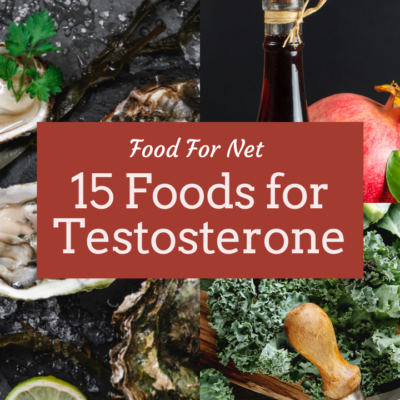
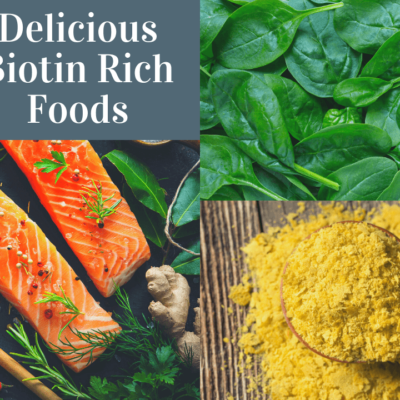
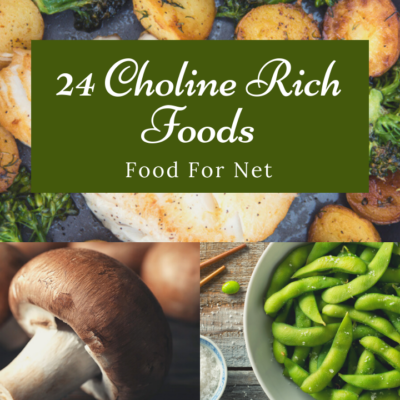
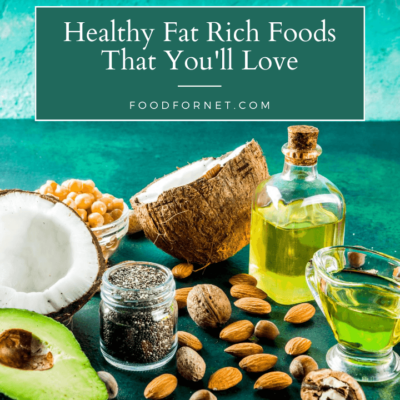


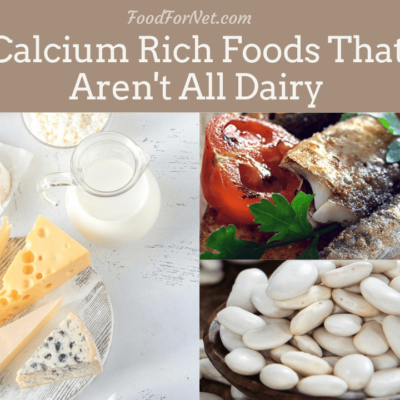
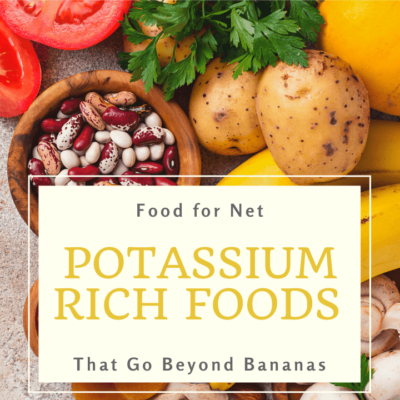
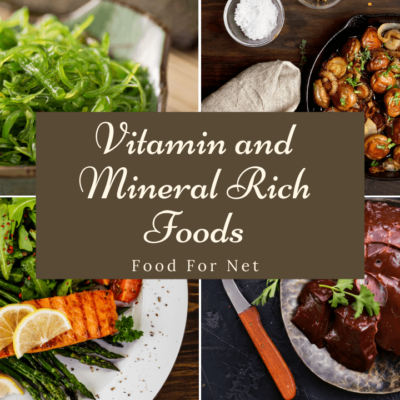
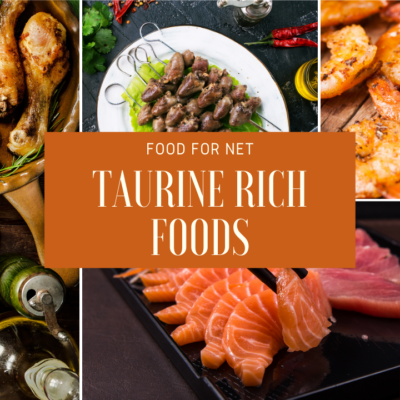

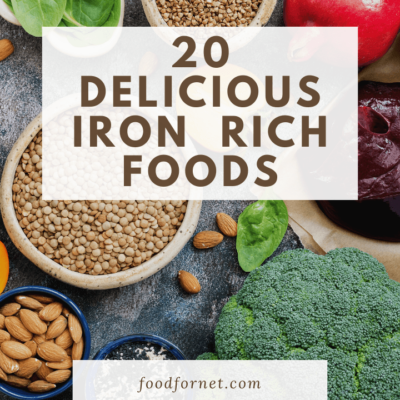
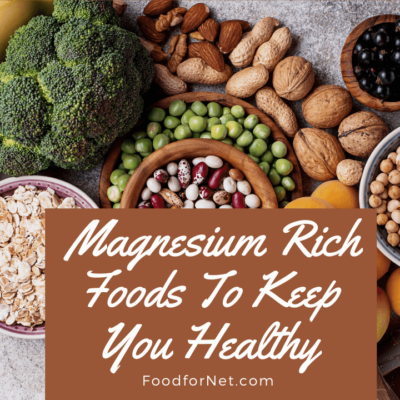

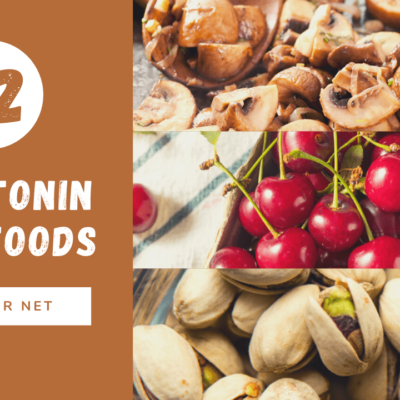
 Is Soy Good For You?
Is Soy Good For You?
Leave a Reply